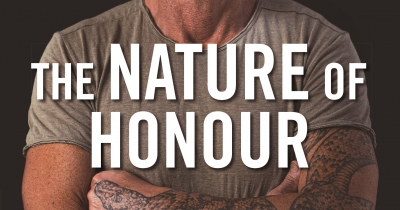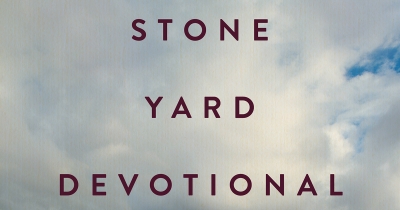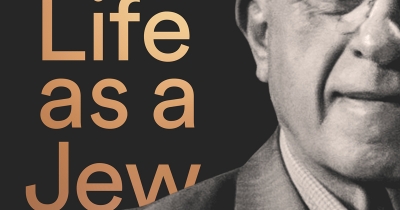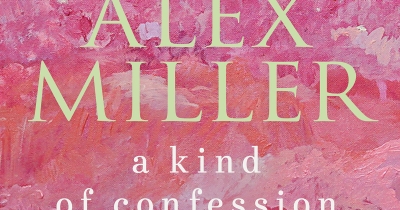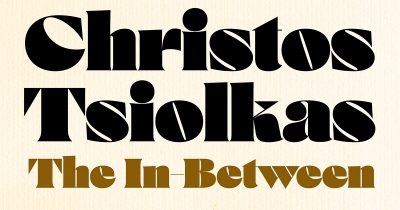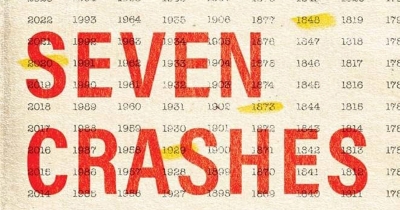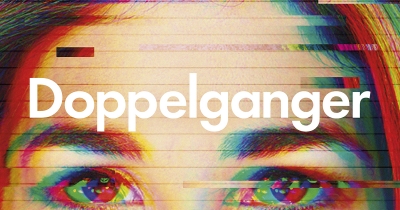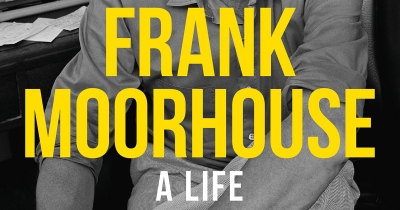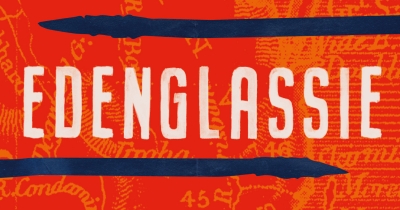Book of the Week
Sign up to Book of the Week and receive a new review to your inbox every Monday. Always free to read.
Recent:
Justice and Hope: Essays, lectures and other writings by Raimond Gaita
For a man many would regard as the very epitome of the type, Raimond Gaita seems rather hostile to the concept of the intellectual. It is ‘irredeemably mediocre’, he explains, inferior to the kinds of moral and political responsibility that attach to teacher or politician. Intellectuals are active in the public domain, grappling with ideas, culture, and politics, but they have often lacked independence of mind, he says, ‘because they never had it or because they sacrificed it to the cause’.
... (read more)The Nature of Honour: Son, duty-bound soldier, military lawyer, truth-teller, father by David McBride
Sometimes, for the faithful, it doesn’t do to look too closely into the life of your chosen idol. Saul of Tarsus had been an enthusiastic persecutor of Christians before his spiritual detour en route to Damascus. St Camillus de Lellis, patron saint of nurses and the sick, to whom we owe the symbol of the red cross, spent his early life as a con man, a mercenary, and a compulsive gambler – little wonder he went far in the Church. Where our secular martyrs are concerned, matters become still murkier. Mahatma Gandhi tested his chastity by sleeping naked with nubile young women and girls – one of whom was his grand-niece. And as for Julian Assange ...
... (read more)'Arrive finally at about three.’ The opening sentence of Charlotte Wood’s seventh novel does a lot in five simple words, emblematic of her gift for compression. With the direct, truncated prose of a diary entry, we are suddenly on intimate terms with another mind, impatient to begin. The unnamed narrator is a woman alone, returning to the country town where she grew up and where her parents are buried. ‘Your bones are here, beneath my feet,’ she thinks, standing at their graves for the first time in thirty-five years. So begins her reckoning.
... (read more)Michael Gawenda has written a deeply personal story about his Jewish identity. It comes during a period when conflict in Israel/Palestine has been painful for all. While he remains committed to a two-state future that supports the rights of both Israelis and Palestinians to live in their own countries, the author critiques influential sections of the political left where acceptance has come to require demonising the Jewish state. A key message of the book is that too often on the left the only good Jew is one who publicly rejects Israel’s right to exist and remains silent when it is declared racist and nothing more than a coloniser of an indigenous population.
... (read more)A Kind of Confession: The writer's private world by Alex Miller
Alex Miller’s most recent book, A Kind of Confession, begins with notebook entries from his pre-publication period – long years in which his deep trust in his identity as a writer appears to have been unshaken. In 1971, he notes: ‘I’ve been committed to writing since I was 21, 13 years. Quite a stretch, considering I’ve yet to publish.’ He was in his fifties before his first novel emerged. Yet even when he complains about his apparent failure – ‘Almost 40 and only 2 short stories published. It makes no sense’ – there is no real lapse of direction; he knows what he is. We can’t read excerpts from these early notebooks and diaries without an awareness of his later success as the winner of significant prizes, including the Miles Franklin Literary Award (twice), the Commonwealth Writers’ Prize, the Melbourne Prize for Literature, the Manning Clark Medal, and the Weishanhi Best Foreign Novel of the Year.
... (read more)When the London theatres closed due to plague in the late 1590s, a still-young William Shakespeare composed and published ‘Venus and Adonis’, a poem about unrequited love, lust, and devotion to beauty. Shakespeare evokes a desire to touch, to kiss, to smell, to taste, to share breath. Christos Tsiolkas’s book 7½ (2021), written and published under similar circumstances, embodies some of this Shakespearean spirit, but his conception of beauty extends to a fuller range of sensual experience, accommodating everything that is human and alive – the stench as well as the perfume – while rejecting whatever seeks to diminish beauty and liveliness. It is the work of a writer who is in love with this world, despite its cruelties. The In-Between mirrors and extends that sensibility.
... (read more)Seven Crashes: The economic crises that shaped globalisation by Harold James
This fascinating and frustrating volume is really three books in one: a compilation of revelatory portraits of seven modern economic crises; a beautiful essay on language, literature, and finance; and an effort to draw lessons from the seven calamities. Of the three books, two are brilliant, one less so.
... (read more)For over a decade, Naomi Klein – the avowedly left-wing Canadian journalist and activist, best known for her first and third books, No Logo: Taking aim at the brand bullies (1999) and The Shock Doctrine: The rise of disaster capitalism (2007) – has been ‘chronically confused’ for ‘the other Naomi’, American writer Naomi Wolf, who first made her name with the feminist best seller The Beauty Myth (1990). Across that period, Klein’s ‘big-haired doppelganger’ has morphed into ‘one of the most effective creators and disseminators of misinformation and disinformation’ of recent times, a development that has led some to remark that Wolf is in fact a ‘doppelganger of her former self’.
... (read more)Near the end of this biography of Frank Moorhouse, author Catharine Lumby tells a story that will strike retrospective fear into the heart of any male reader who has ever climbed a tree. Watching an outdoor ceremony in which a cohort of Cub Scouts was being initiated into the Boy Scout troop to which he belonged himself, and having climbed a tree to get a better view, the young Moorhouse ‘slipped, and he slid a couple of metres down the trunk of the tree with his legs wrapped around it. He came to rest on a jagged branch, his crotch caught in the fork.’
... (read more)Edenglassie is the seventh novel by acclaimed Bunjalung novelist Melissa Lucashenko. Set in a brief historical window – a little-known interim of time and place after transportation of convicts had ended but before Queensland became an independent colony in 1859 – this narrative moves seamlessly between what whitefellas might call past, present, and near future. In this interface, Lucashenko creates characters that cause the reader to not only ask – what if? but also where to now?
... (read more)



